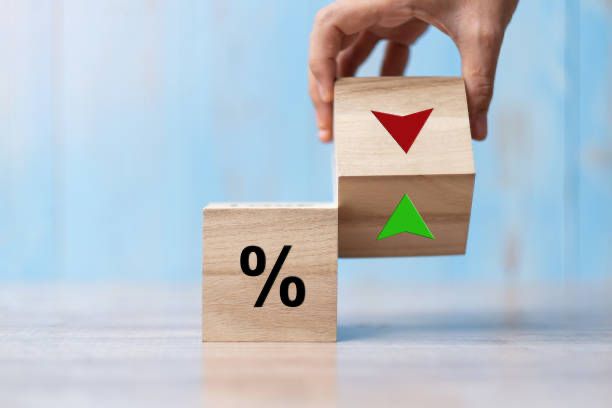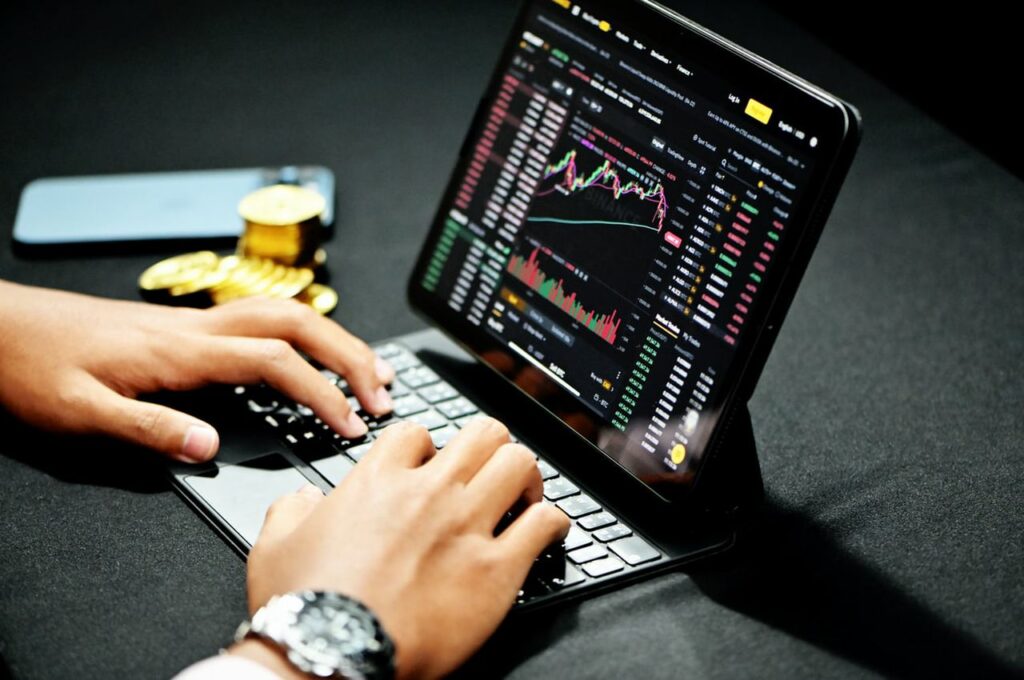Cryptocurrencies are virtual currencies which make use of cryptography to secure transactions. Unlike physical money, Cryptos have no regulatory bodies and are of different types. Some of them are, Bitcoins, Ethereum, stellar, file coin, Helium and so on.
In order to own cryptocurrencies however, you have to trade them. And trading requires continuous learning and strategizing. As a newbie in the market, you could easily make certain mistakes. How do you avoid them?
In a chat with a crypto trader, Tomi, he reveals some mistakes to avoid when trading cryptocurrencies.
Trading without a plan
Before trading, you need to draft a plan because it’s beyond clicking buttons. You should have plans on how to split risks on every trade. Strategize properly. Where would you cut losses and make profits?
“If you don’t have a plan, it means you’re letting emotions run things for you and that never, ever ends well,” Tomi says.

No trader should trade too soon. Trading looks simple but the thing about the market is, “it has a way of rewarding you and making you feel everything is under control. But no, it’s far from it. There’s always a lot to learn. No matter how many years you’ve been in it, there’s no holy grail.” No need to rush. The market is always there.
Not cutting losses
Cryptocurrencies are volatile. You can never have more knowledge than the market itself. You can have your analysis and things would still go wrong. But you can’t allow your emotions to control what you do in the market. Even if you’re always on your screen, you could burn out. Just rely on your brain and plan.
Before trading, you also need to understand leveraging and how it works.

“For instance, your platform could offer you 125x in some cases. To simplify things, it means you’re controlling 125 times the fund you deposited. So what this does for you is, it can amplify your profit. That’s when you see someone who deposited 200 dollars having to multiply that in a crazy, short time. Yes, it’s fine because those people are flipping. They probably have a lot of 200 dollars to keep replenishing their wallet. And they understand the risks involved.”
So, understanding how leverage works is key. You need to know how to position because you’re not sure of how much you’d lose. Also, accept losses. If a trade goes against your plan, it doesn’t mean your analysis is wrong. You just have to understand that the market is shaky.
Back Testing
Back testing in trading simply means, analysing previous trades and figuring out what went wrong and what went right. It gives you the confidence to stick to your strategy even when things don’t go as planned.

Let’s assume you back tested your strategy. You know it works more often than not. First, second and third trade ends in a loss but you’re still sure it could go right. Back testing gives you confidence to keep trying.
“But like everything else in life, you can’t completely control your outcome,”Tomi adds.
Revenge trading
You cannot afford to revenge trade, Tomi advises. It’s similar to accepting your losses. “What revenge trading simply means is, ‘hey, I’ve had a lot of losses so the wins will come pretty soon. What some people then do is, start risking more. Risk $10 per trade or use ten percent of one to buy another coin.”
There’s no guarantee. If you go in with more money because you lost a lot, you’re only relying on hope. And “hope,” Tomi says, “is never a strategy. If you’re hoping something would go right in trading, just close that trade because it’s no longer logical to practice revenge trading at that point. The market will always beat you to it.”
Lack of records
Record keeping is important in every field, especially for future reference. In trading, though a lot of platforms keep records for you, you should have your own personal records.
“Write out what you did wrong, did well and could do better and could keep practising.”
Overconfidence
This is common, even among expert traders. If you’ve been winning consistently, overconfidence could easily set in.
“After all, we’re humans. You know these things, you practise them so in some ways, you know a lot. But, you’re bound to feel untouchable and that the market can outplay you. You’re bound to feel your analysis is bulletproof but the market will always wait for you at a strategic position.”

Humility is a major factor when dealing trades. “Even Jesse Lauriston Livermore, a pioneer trader, lost when he was over-confident and ended up committing suicide.”
The market can do damages. More often than not however, the market rewards you and this is a catalyst for longevity of traders. “Just don’t follow the crowd. I used to have a mentor who buys coins when the market is quiet and no one knows about it. But the moment noise enters, he begins to sell gradually.”
The more people come in, especially short-term investors who load money in and pull out when their target has hit, it affects the price. And many coins never recover from it.
Article written by Sola Tales
